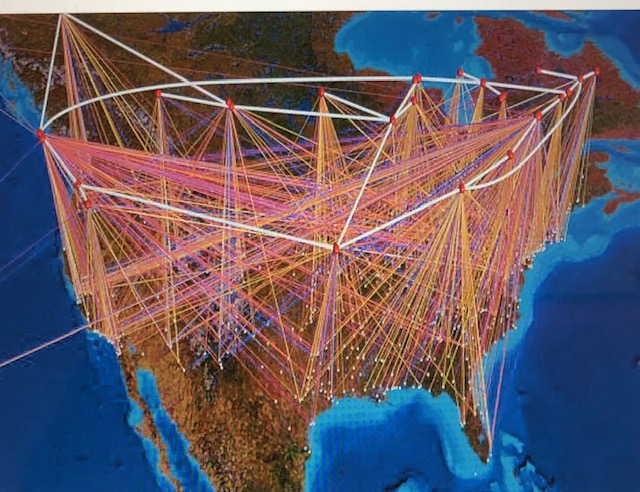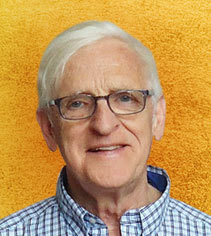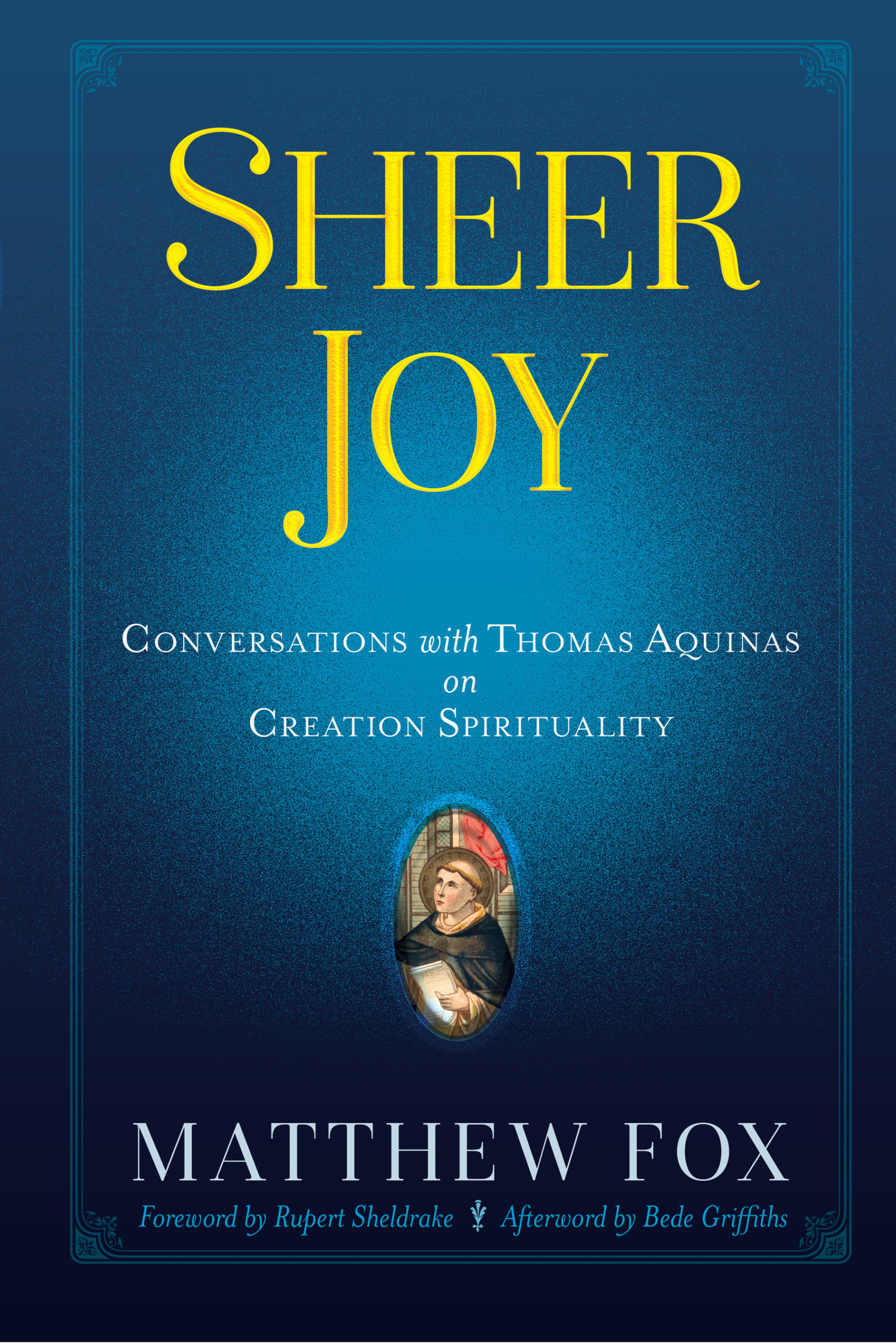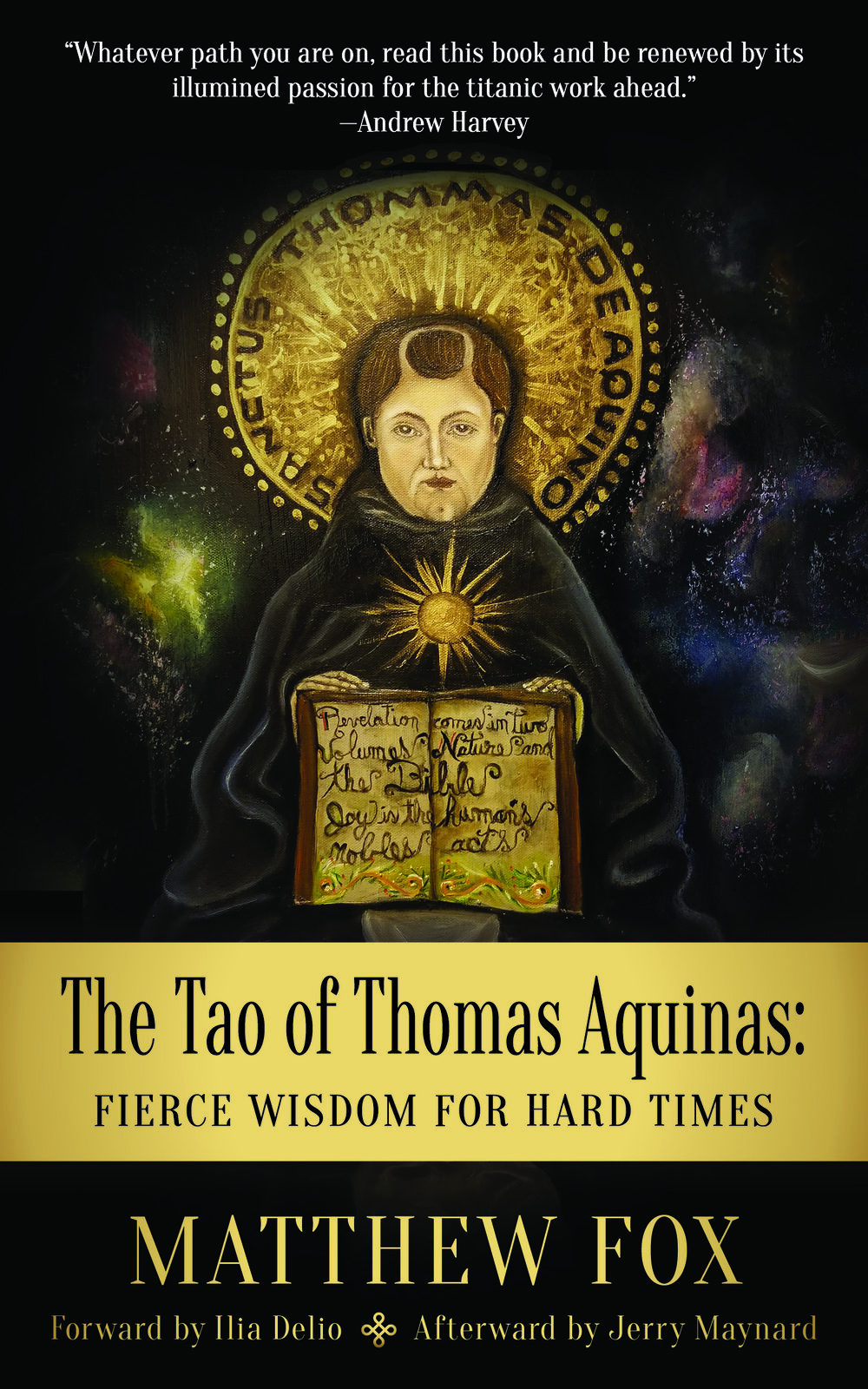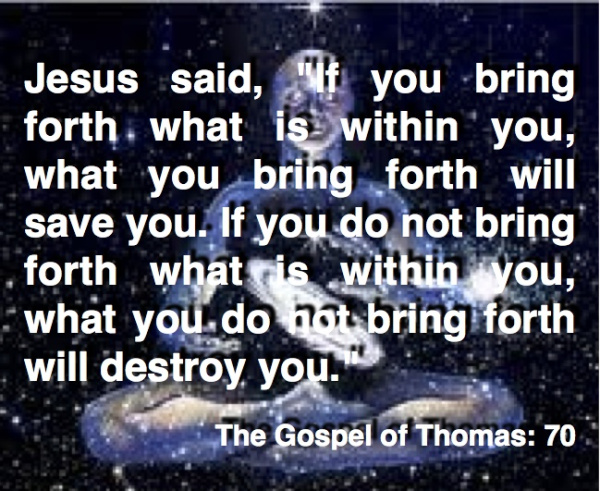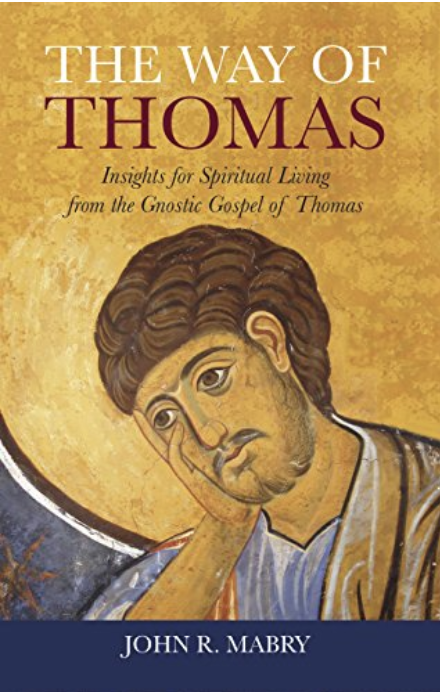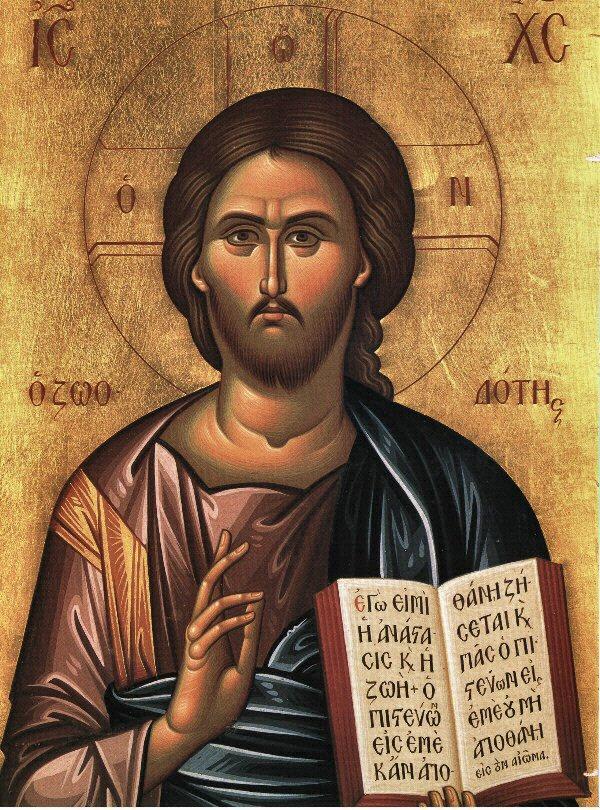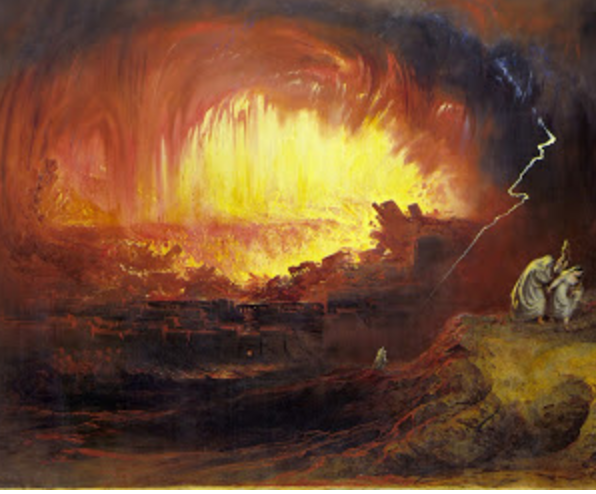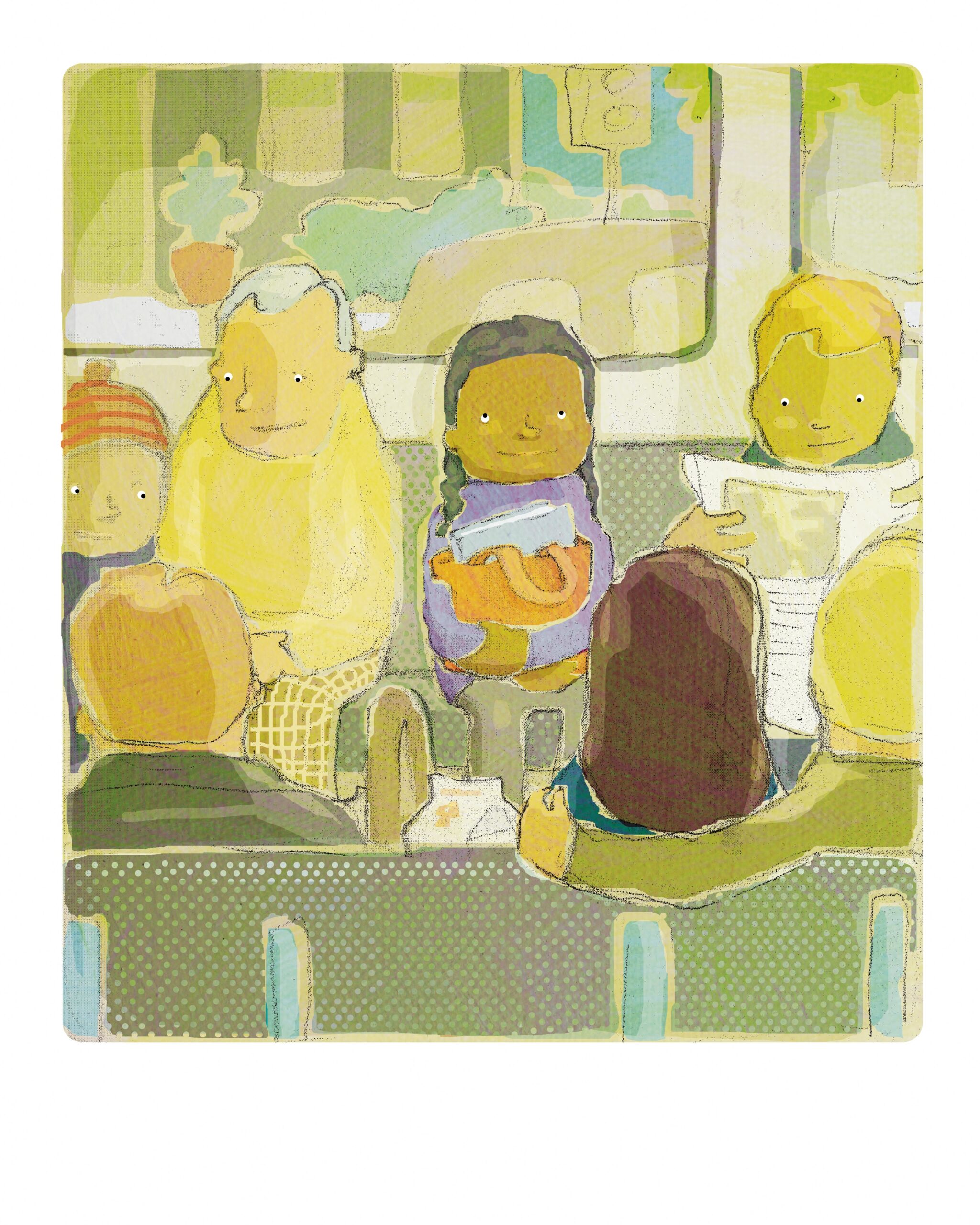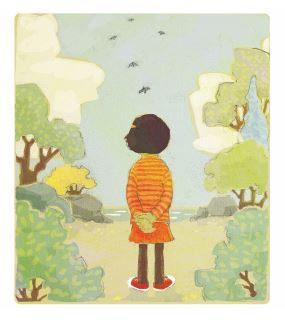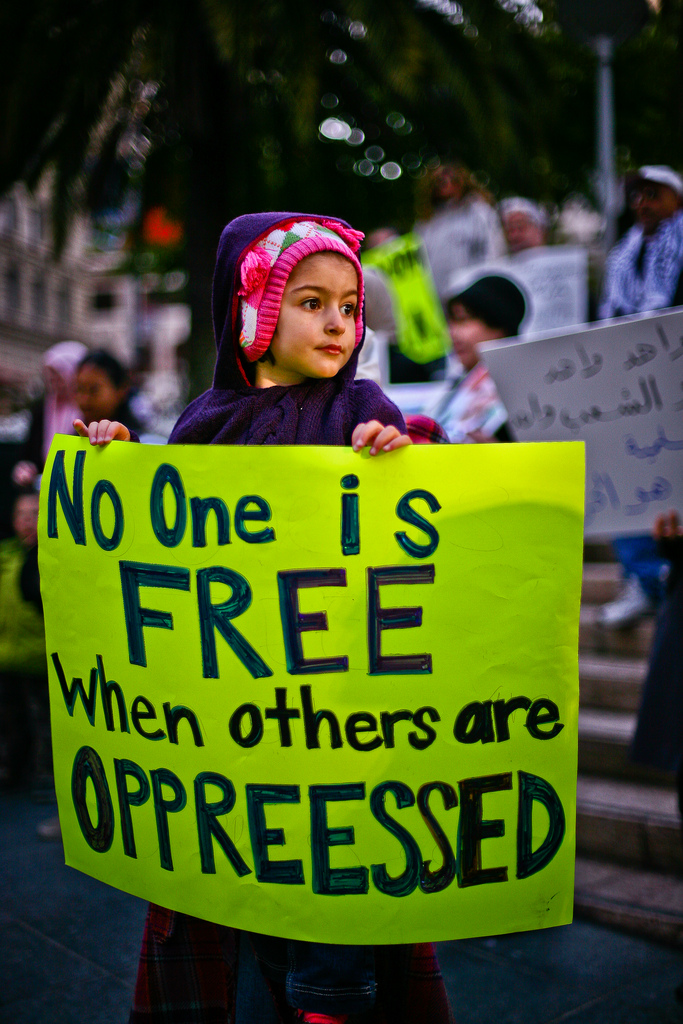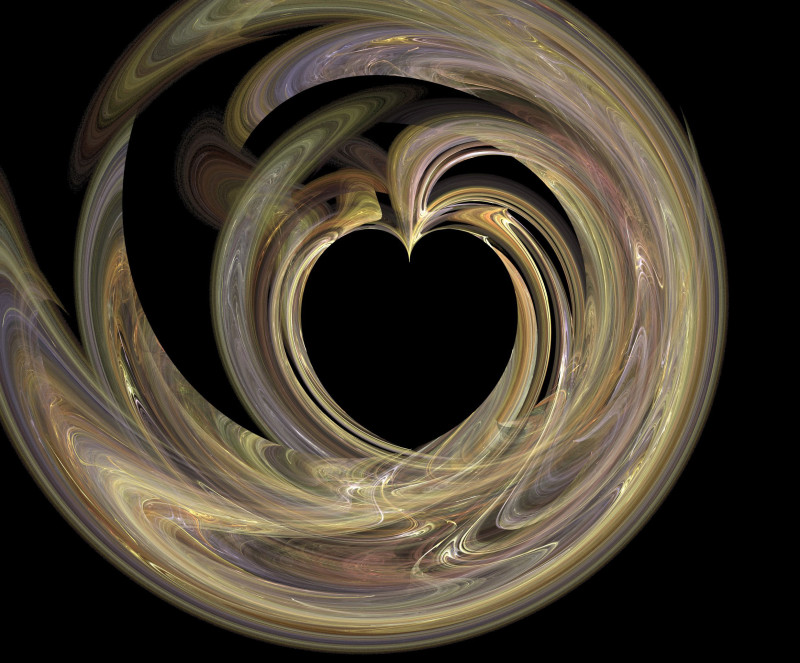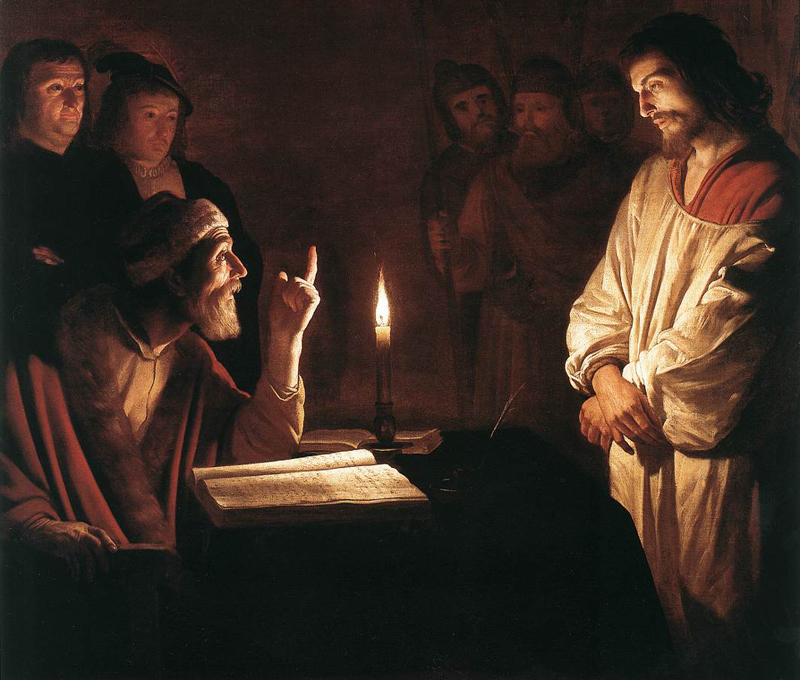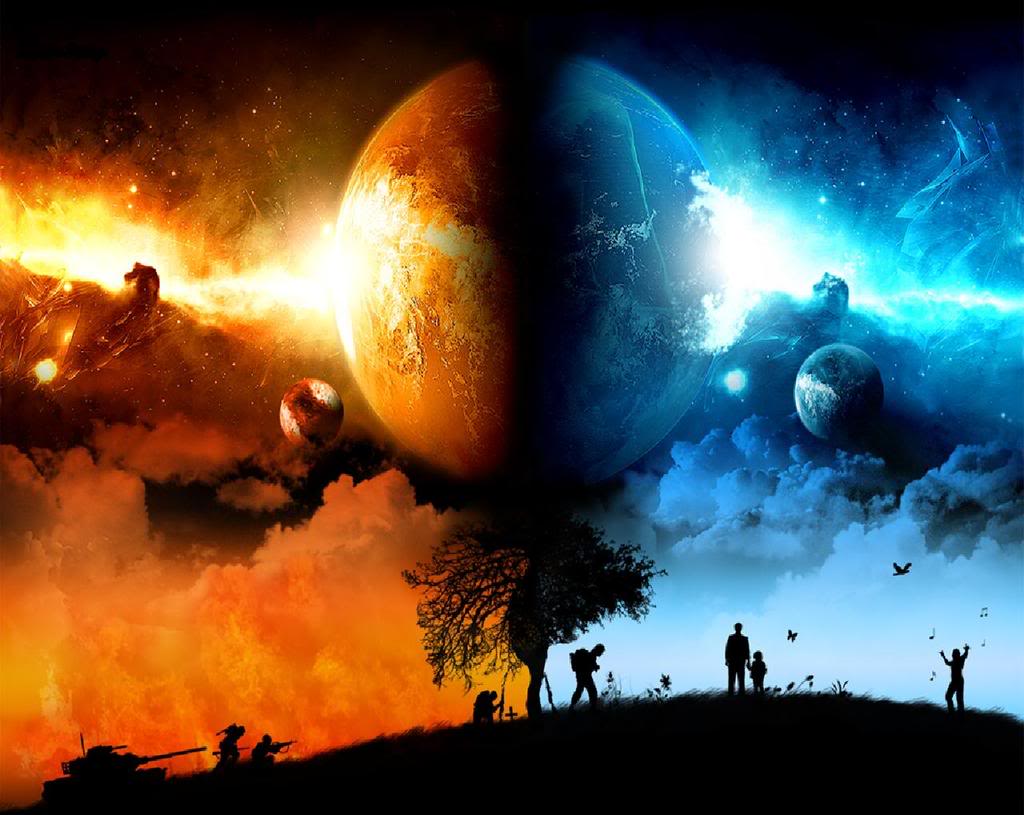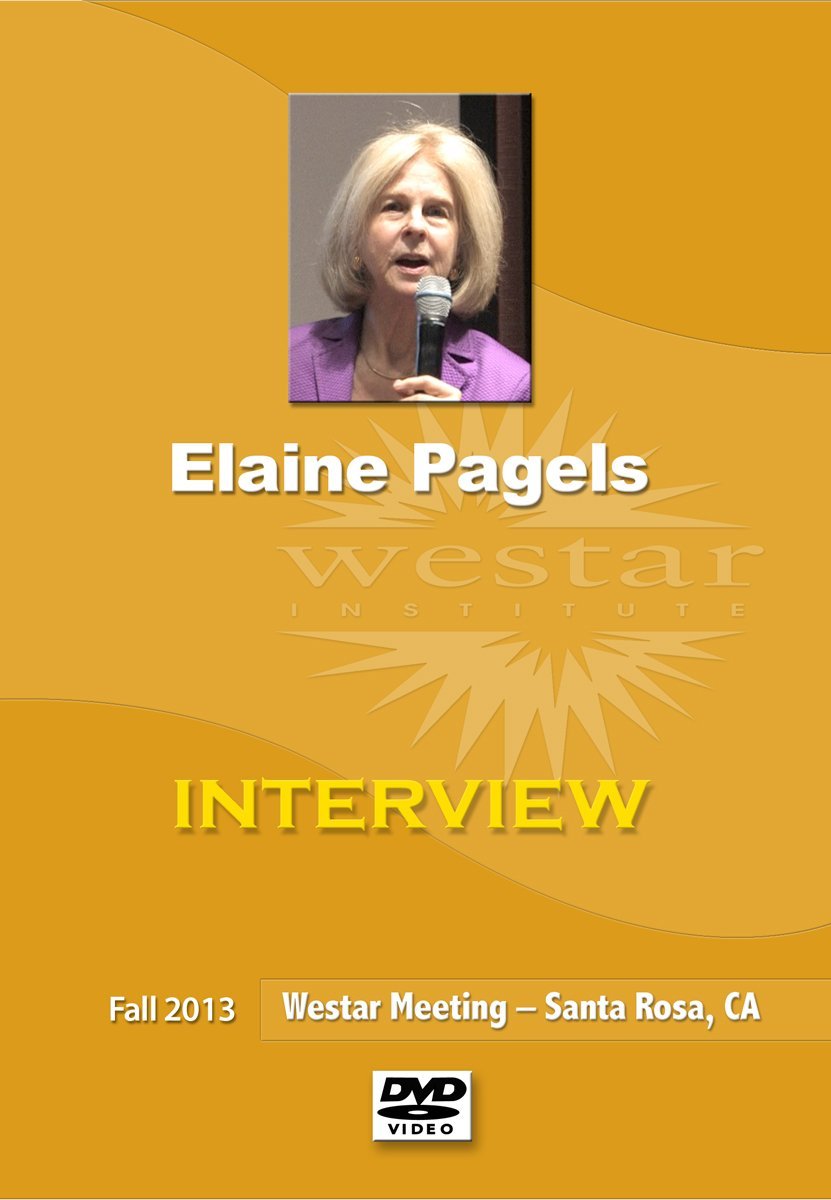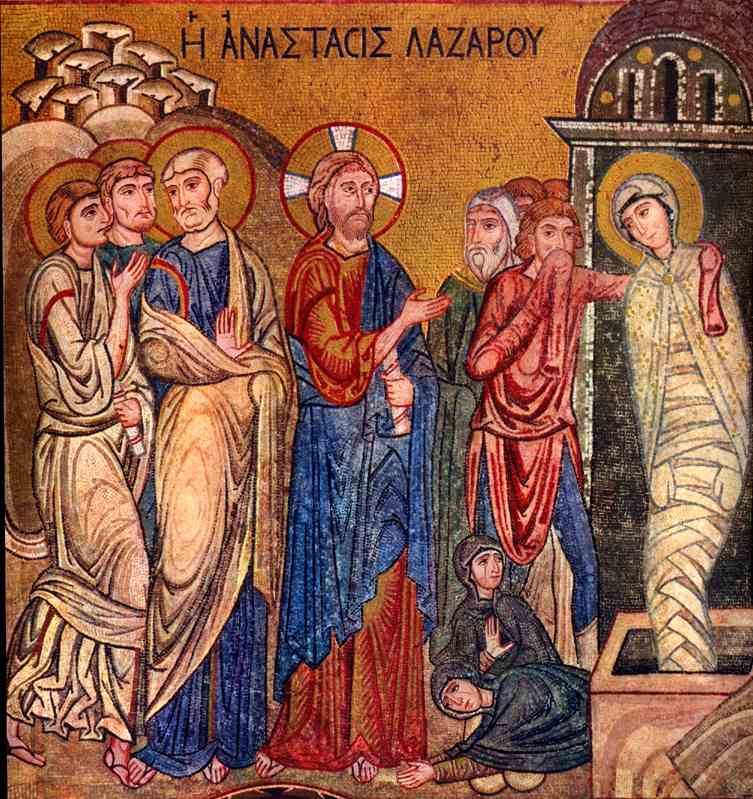Institutional religion has become vestigial enroute to extinction, having largely become a “non-prophet” organization.
How important and relevant is the Gospel of Thomas in our continuing search for the real Jesus? How does it help us to interpret his message and mission?
Conversations with Thomas Aquinas On Creation Spirituality
In this groundbreaking book Fox presents sides to Thomas Aquinas that have never been seen before. The series of four "conversations," are based on the four paths of creation spirituality. Fox translates many works that have never before been translated into English, French or German.
Fierce Wisdom for Hard Times
A stunning Spiritual Handbook drawn from the substantive teachings of a mystical/prophetic genius offering a sublime roadmap for spirituality and action.Praise for The Tao of Thomas Aquinas
A sermon preached on the Second Sunday after Christmas – the readings for this sermon include: John 1:1-9, The Gospel of Thomas 70; Matthew 2:1-12.
Want spiritual transformation, but turned off by dogmatic religion? Discover the original, mystical teachings of Jesus in the Gospel of Thomas, the most important book left out of the Bible.
From modern eyes, it is hard to think Thomas was any different than any other disciples who had already witnessed the resurrected Jesus. Thomas alone had not seen with his own eyes what the others claimed to have seen. And here it is so easy to get pulled into thinking that seeing with one's eyes is the real issue.
So here, let me honour Mary the Apostle to the Apostles with this my imaginary account of Mary’s story. Remember the power of our imaginations to breathe life into what appears to all the world to be dead.
Our Axial Age is in a state of exhaustion. It is approaching its end. It also could be our end. Planet earth is now giving us this warning: It is telling us that if we continue on the present path, like any other organism that alienates itself from the Biosphere, we will be rejected. Can we escape from this conundrum? Can Jesus be of help? Yes he can, but only if we are willing to change the way we think. It will require us to accept cosmic interiority as expressed in The Gospel of Thomas.
Evening Hymn: O Radiant Light
After searching for an opening Easter Acclamation that is progressive and cosmic in nature, and finding nothing that went where I'd like to take the congregation, I decided I'd just have to write one. This acclamation/invocation draws on themes found in the Gospel of Thomas, Meister Eckhart, Hildegard von Bingen, Teilhard de Chardin, and Thomas Berry. I also hope is has some of the poetic flare of that great earth mystic, Saint John (Muir) of the Mountains.
We've been robbed of the power of the story of Sodom. It should be a strong companion to Matthew 25:31-46, which also gives dire warnings for those who do not serve Jesus by feeding the hungry, welcoming the stranger and the other Works of Mercy. It's a path that ends in destruction.
Occasionally I meet someone and they say to me; I am an Atheist. I think to myself: What exactly do you mean by that? How can you be so sure of what you disbelieve? You my friend need a better word and a better “A -” with more definition. In today’s quantum world such a statement as yours is “passé.” Theism, Atheism and Deism are word descriptions from the prescientific past.
Nathan Leaves Home
Remembering that God is within us and a part of everything that ever was and ever will be is one of the most important things we can do.
There is abundant love within each of us, but even when we try to act as messengers of love in the world, we often mess up the message. Like the old game of telephone, where a message is passed along and completely mixed up by the time it reaches the end of the line, we mix up divine love with our own desires, confusions, and misunderstandings and end up hurting one another. Then we must forgive. Getting children to say the words, “I forgive you,” is not enough. True forgiveness is inward and will actually remove the hurts we have from our hearts, like pulling weeds in a beautiful garden. Forgiving is not simply a gift we give someone who has wronged us, either; it is a step in our own spiritual growth that will enable our hearts to blossom as intended.
From the Celebrating Mystery collection
“I GREET THAT OF THE COSMOS WITHIN YOU”
This is an excerpt from a book Jim Burklo is writing this summer: MINDFUL CHRISTIANITY. The research he's doing for this project has taken him deep into the history of Christian spirituality. According to Jim: "The more I learn, the more I have to learn!"
We know what to do. The Universal Declaration of Human Rights begins: “Whereas the peoples of the United Nations have in the Charter reaffirmed their faith in fundamental human rights, in the dignity and worth of the human person and in the equal rights of men and women and have determined to promote social progress and better standards of life in larger freedom.” Unitarian Universalists claim the “inherent worth and dignity of all humanity.” Christians claim the Apostle Paul’s ecstatic revelation that “You are no longer Jew or Greek, no longer slave or freeborn, no longer ‘male and female.’ Instead you all have the same status in the service of God’s anointed Jesus.” Leviticus 19:18 says, “Love your neighbor as yourself.” Jesus said, “Love your enemies.”
A Spiritual Path for Personal Transformation
An aging Vietnam vet suffering from PTSD returns to Da Nang after 50 years in order to try to do something for those still afflicted generations later by the lingering toxic affects of Agent Orange. His nagging conscience leads to a redemptive act of self-healing and a common good. Spirituality is often an amorphous and bandied about term that too often connotes the merely religious type, as somehow distinct from those who are not. Instead, I appreciate something as equally shared as it is often neglected, namely the human conscience and our sometimes-belated conscious awareness of it.
How can we achieve the sense of cosmic multidimensionality expressed in the Gospel of Thomas found at Nag Hammadi in 1945? For each
A famous poet, William Wordsworth defined poetry as “emotion recollected in tranquility.” I wonder if it might be productive to apply that
Satire and Blasphemy in the Teachings of a Galilean Sage
Radical religious extremists with a distorted view of Islam commit horrific acts of terror, executing the staff of a small satirical French publication. The satirists had dared to depict the Prophet Mohammed in cartoon caricature; all the while lampooning those misbegotten adherents who in turn regard such irreverent acts as blasphemous. The Western world reacts with outrage and defiance to such an affront. World leaders join a million person protest and unity march through the streets of Paris, chanting “Je Suis Charlie,” in defense of freedom of speech, and on behalf of the publication’s name. While a clear distinction might be drawn between the use of words and the vehement reactions they may incite, more profound underlying questions remain. While anti-blasphemy laws are common in Muslim countries, countless other "secular" countries have laws against the defamation of religion, as well. Once the dust settles and more thoughtful discussion ensues, one might ask what constitutes the differences between hate speech and freedom of expression? This commentary consider s esus' use of what was deemed blasphemous satire, it's intended purpose, and well-known consequences.
Can we actually believe that because Eve persuaded Adam to eat a forbidden apple the entire human race is doomed to hell? Can we truly believe that for several thousand years there was no chance for any human to be saved, even though none of them had anything to do with Adam and Eve’s disobedience in the Garden? Isn’t it ludicrous that a child born today is doomed because Adam and Eve disobeyed God? That creation/damnation scheme sounds more like devil-worship than God-worship.
Eschatology is the study of last things, the final events in history, the ultimate destiny of humanity, the end of the world. Major issues in eschatology include the rapture, the second coming of Jesus, the tribulation, Millennialism, and the last judgment. Most of the Christian books I have read do not seriously concern themselves with eschatology, but the Left Behind series of books made it a popular topic. All twelve novels in the series made the New York Times bestselling fiction list – note: the fiction list. Prior to the Left Behind novels of the 1990s, Hal Lindsey’s 1970s bestselling books, including The Late Great Planet Earth, were also bestsellers.
The dry bones raised by Ezekiel are a metaphor for those who died in the service of God’s justice: those who died working to restore God’s distributive justice-compassion to God’s Earth, and who themselves never saw the transformation. The army of dry bones is an army exiled from justice. Fairness demands that if Jesus was resurrected into an Earth transformed into God’s realm of justice-compassion, then all the other martyrs who died too soon should also be raised with him. “But in fact,” Paul writes in 1 Corinthians 15:20, “Christ has been raised from the dead, the first fruits of those who have died.” It is the Christ – the transformed and transfigured post-Easter Jesus – who has started that general resurrection, which restores justice-compassion to a transformed Earth. The transformation has begun with Jesus, and continues with you and me – IF we sign on to the program.
Westar
In this one-on-one interview, bestselling author and MacArthur Prize recipient Elaine Pagels tells a wide-ranging story. She explains how Billy Graham’s preaching sparked her interest in religion, and talks of her early encounters with Gnostic texts and with Jerry Garcia of the Grateful Dead. Through the interconnections between the personal and professional, Pagels addresses the problem of how we are to define Christianity meaningfully in ancient and modern times.
This paper addresses recent discoveries of previously unknown Christian scriptures which predate the orthodox canonical gospels of Mathew, Mark, Luke and John. Surprisingly, these earlier writings reveal a totally different kind of Christianity - one which could very well speak to the needs of the lost Christians of today.
The Gift of Mortality
Avowed atheist Susan Jacoby recently created a dust up with a recent article in the New York Times Sunday Review entitled, “The Blessings of Atheism.” She wrote in response to all the god-talk that appeared in the immediate aftermath of the Newtown massacre; with all those unanswerable questions or inadequate answers to human suffering and death so often peddled in popular religious belief. So too, not long ago author and “non-believer,” Christopher Hitchen’s posthumously published his little book Mortality; recounting his rambling thoughts on his own imminent demise; after a terminal diagnosis left him a sufficient number of days to find himself “deported from the country of the well across the stark frontier that marks off the land of malady.” But what, or where to, after that? What if this really is all there is? It seems there has always been the human hankering to imagine all kinds of fanciful notions, in our attempts to recapitulate our mortal existence into something more than it is. Many religious traditions, including centuries of “mainline” orthodox Christianity, employ great mythic stories to describe a life subsumed into something greater than we can either know, or grasp, except by “faith.” Heaven knows, some folks try to better themselves, merely in the hope of a remote possibility there something more, after our death, which is a certainty. But in the end, is it all dust and ashes? And is that OK? This is the liturgical time of year when many in the Christian tradition undergo a seasonal pilgrimage in which the faithful are reminded at the onset we mortals are nothing more than dust. And so we will one day return to that from whence we came. Then the traditional forty days end with the perennial re-enactment of a passion play commemorating the mortal demise of the one whom Christians even these many centuries later would profess to follow. Many do so in the hope of some kind of immortality for themselves in some indecipherable form or other; attributing to Jesus a “resurrection” that means the same thing to them as god-like immortality; while others of us may find such imaginings to be not only reasonably implausible, but of less importance than what we take to be of greater significance and meaning in this faith tradition. Otherwise, the vainglorious hope of immortality can become so enshrouded in our mortal fears that we become – like Lazarus in his early grave – so wrapped up in death that we fail to truly acknowledge and appreciate the gift of our mortality for what it is; nothing more, nor less. With the certain assurance then that we are but dust and ash, we can ask ourselves if the gift of our mortality is not only enough, but more than enough? And if so, as the psalmist says, how then shall we “number our days, that we may apply our hearts to wisdom?” (Psalm 90:12)
Paul is not talking about life after death. Paul is talking about embracing the challenge of distributive justice-compassion –“the great work” – here and now. John’s Jesus assures us that “the spirit of truth will testify on my behalf,” not about the insane claim that he was God, nor about the resuscitation of a corpse.
This word, used for centuries to justify an anti-gay posture, has been badly translated and even more poorly understood.
First celebrated in 1898, the Universal Day of Prayer for Students is observed on the third Sunday of February; in 2010 it is celebrated on February 21st. The UDPS is one of the oldest ecumenical days of prayer. In line with WSCF's theme for 2010 the UDPS theme is 'Climate Justice'. Former WSCF Chairperson Rev. Ejike Okoro of Nigeria has prepared the 2010 UDPS liturgy and accompanying Bible study on behalf of the Africa region.

